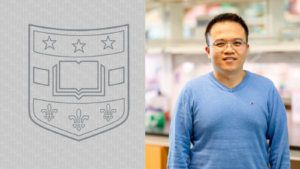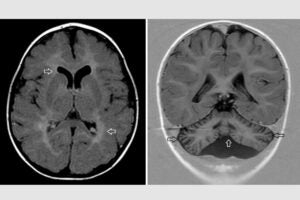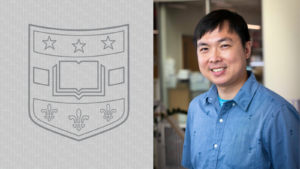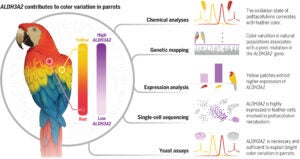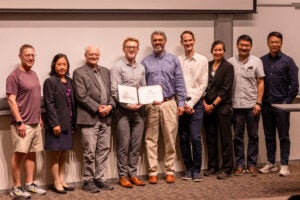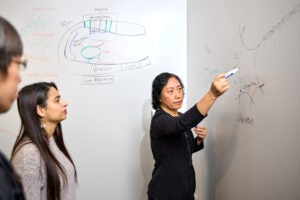Washington University School of Medicine in St. Louis has received two large grants renewing funding for the Human Pangenome Reference Sequencing Project. This ambitious program began in 2019 with the goal of increasing the diversity of human genome sequences that are pooled into the widely used reference genome. A thorough representation of human genetic diversity can help researchers discover how genetic variation contributes to disease and perhaps offer new routes to innovative treatments.
$14 million supports work to diversify human genome research (Links to an external site)

